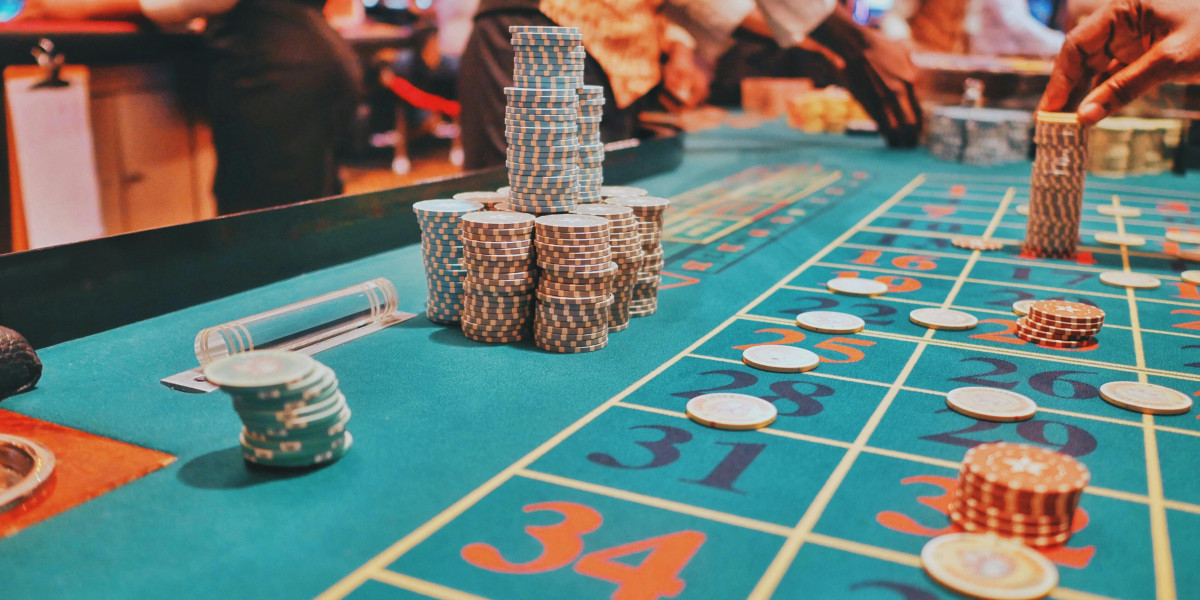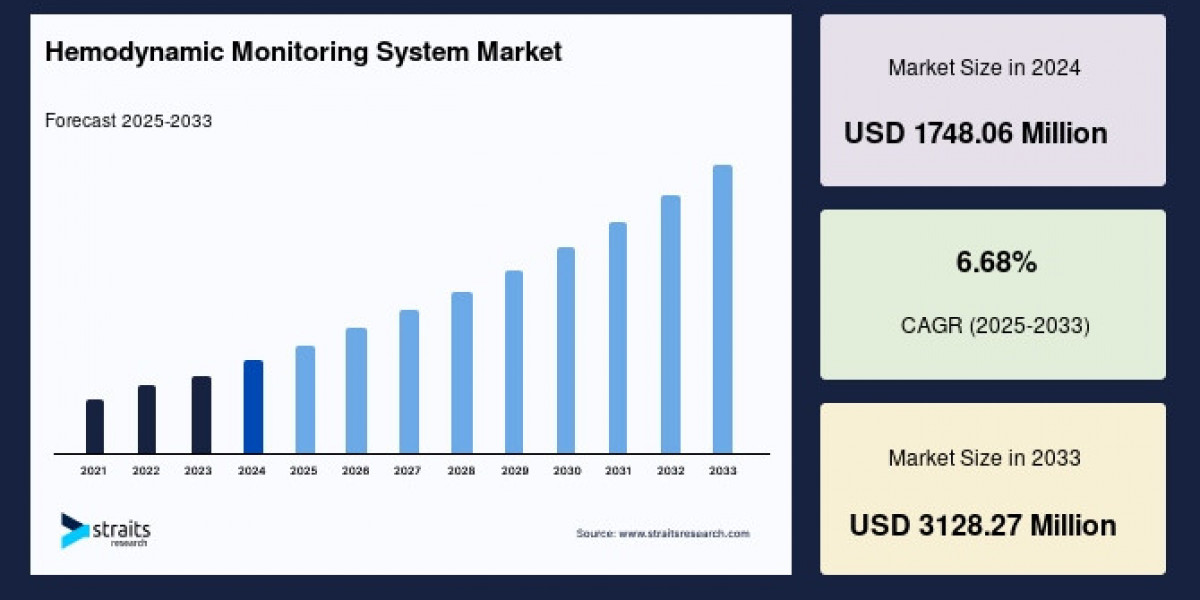Gambling addiction is a silent struggle for millions of individuals around the world. Often starting as harmless entertainment, gambling can quickly evolve into a compulsive behavior that disrupts finances, relationships, mental health, and overall life stability. The psychological pull of gambling is strong—it offers a temporary escape, the thrill of risk, and the hope of a big win. But over time, what once felt like a game becomes an all-consuming habit. Breaking free from this addiction is not easy, but with the right support, mindset, and strategies, recovery is entirely possible.
The first step toward recovery is recognizing the problem. Many individuals in the grip of gambling addiction find it difficult to admit they have lost control. They may justify their behavior, hide their losses, or borrow money to keep playing. Admitting the addiction to oneself and others is a courageous act and the foundation of change. It allows a person to take ownership of the situation and seek help without denial or blame.
Once the problem is acknowledged, the next crucial step is seeking support. Recovery doesn’t have to be a solitary journey. Professional help is available in many forms. Therapists who specialize in addiction can guide individuals through cognitive behavioral therapy (CBT), which helps reframe negative thought patterns and develop healthier coping mechanisms. Support groups such as Gamblers Anonymous offer a safe, understanding space where people can share their stories and learn from others facing similar struggles. The shared experience in these groups can provide a sense of belonging and encouragement.
Another important path to recovery is making lifestyle changes. Gambling addiction is often fueled by stress, boredom, loneliness, or depression. Identifying and addressing the emotional triggers behind the addiction is key. Individuals in recovery are encouraged to fill their time with positive, fulfilling activities—whether it’s exercise, hobbies, volunteering, or spending more quality time with family and friends. Rebuilding a healthy routine helps distance the mind from urges and fills the emotional void that gambling once occupied.
In addition, setting financial boundaries is vital. Many people with gambling addiction experience serious financial consequences, including debt, bankruptcy, or strained relationships. Taking control of money by creating a strict budget, letting a trusted family member manage finances, or limiting access to credit can prevent relapse and restore a sense of stability. Financial counseling can also be beneficial to repair the damage and build healthier money habits.
Technology can play a supportive role in recovery too. There are apps designed to block gambling sites, track spending, or provide daily kilau4d motivational support. These tools act as a digital safety net, helping to reinforce boundaries and support consistent progress. However, they should be used in combination with emotional and professional support—not as a substitute.
It’s also important to prepare for setbacks. Relapse is a common part of recovery, but it doesn’t mean failure. What matters is how one responds to it. Learning from the triggers that led to relapse and adjusting the recovery plan accordingly can make a person stronger and more resilient in the long run. Compassion, patience, and persistence are crucial during this time.
Support from loved ones can make a tremendous difference. Friends and family members often feel the effects of gambling addiction just as much as the gambler. Healing together through honest communication, therapy, and mutual understanding fosters a strong support system. Encouragement without judgment can help build the confidence needed to continue on the path to recovery.
Overcoming gambling addiction takes time, courage, and commitment, but it is absolutely achievable. Each step forward, no matter how small, is progress. Recovery isn’t about being perfect—it’s about making consistent choices that lead to a healthier, more fulfilling life. With support, self-awareness, and the right tools, breaking the habit becomes not just a possibility, but a new beginning.








